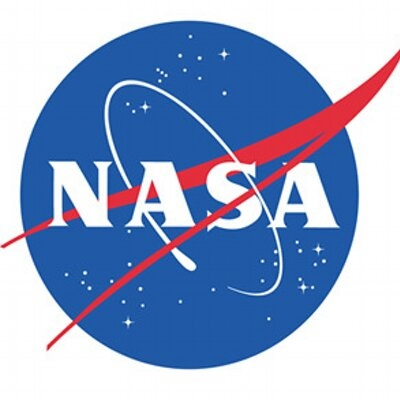NASA is examining its use of unofficial terminology for cosmic objects in a bid to do away with insensitive or harmful nicknames. As an initial step, NASA will no longer refer to planetary nebula NGC 2392, the glowing remains of a Sun-like star that is blowing off its outer layers at the end of its life, as the "Eskimo Nebula," the US space agency said on Wednesday.
"Eskimo" is widely viewed as a colonial term with a racist history, imposed on the indigenous people of Arctic regions. Most official documents have moved away from its use, NASA said. NASA will also no longer use the term "Siamese Twins Galaxy" to refer to NGC 4567 and NGC 4568, a pair of spiral galaxies found in the Virgo Galaxy Cluster.
Eliminating Unwelcoming Connotations

Moving forward, NASA said it will use only the official, International Astronomical Union designations in cases where nicknames are inappropriate. "These nicknames and terms may have historical or culture connotations that are objectionable or unwelcoming, and NASA is strongly committed to addressing them," said Stephen Shih, Associate Administrator for Diversity and Equal Opportunity at NASA Headquarters. "Science depends on diverse contributions, and benefits everyone, so this means we must make it inclusive," Shih added.
Nicknames are often more approachable and public-friendly than official names for cosmic objects, such as Barnard 33, whose nickname "the Horsehead Nebula" invokes its appearance. But often seemingly innocuous nicknames can be harmful and detract from the science.
Inclusion and Equity
NASA said it will be working with diversity, inclusion, and equity experts in the astronomical and physical sciences to provide guidance and recommendations for other nicknames and terms for review. The announcement came amid the Black Lives Matter movement gaining new momentum worldwide following the death of George Floyd, an unarmed African-American man, under police custody in Minnesota on May 25.









